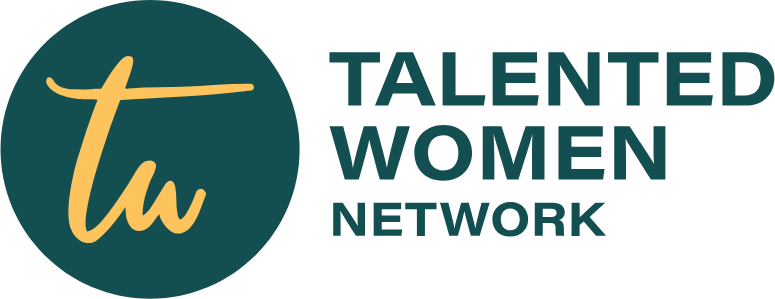Namibia’s plans to become a major oil producer by 2030 have hit a temporary setback after the Namibian Ports Authority (Namport) postponed a critical harbor upgrade at Lüderitz, citing uncertainty over the project’s scope.
Namport had requested bids for a concession to develop an oil and gas supply facility at the southern port but suspended the process after stakeholder concerns surfaced.
Chief Executive Andrew Kanime confirmed that the delay would affect project timelines, noting, “The project will continue, I just can’t confirm when the bid will be advertised again.”
The Lüderitz port is seen as pivotal for Namibia’s emerging energy industry because it sits closer to offshore discoveries than Walvis Bay, the country’s principal port.
However, development at Lüderitz also requires environmental clearance and heritage assessments, as the site overlaps with a former German colonial concentration camp.
Don’t Miss This: Nigeria Sustains 1.5m bpd OPEC Quota for Two Consecutive Months
Namibia has been positioned as one of Africa’s most promising energy frontiers since major offshore discoveries by TotalEnergies SE and Shell Plc in 2022.
Estimates suggest the country may hold up to 2.6 billion barrels of reserves across basins such as Orange, Lüderitz, Kavango, and Walvis.
Despite not yet producing a single barrel of oil, forecasts indicate that Namibia could begin commercial output by 2030 if infrastructure hurdles are addressed.
Reporting by Bloomberg adds that the Orange Basin—shared with South Africa—remains a hotspot for exploration.
TotalEnergies’ South African affiliate recently announced plans to drill up to seven wells in the Deep Western Orange Basin, just 211 kilometers off Saldanha Bay, extending into Namibian waters where significant oil finds have been recorded.
Analysts say the Lüderitz setback underscores the challenges Namibia faces in building the infrastructure needed to support oil production. Without upgraded port facilities and related logistics, its ambitious 2030 production timeline could slip.
Image Credit: AInvest

